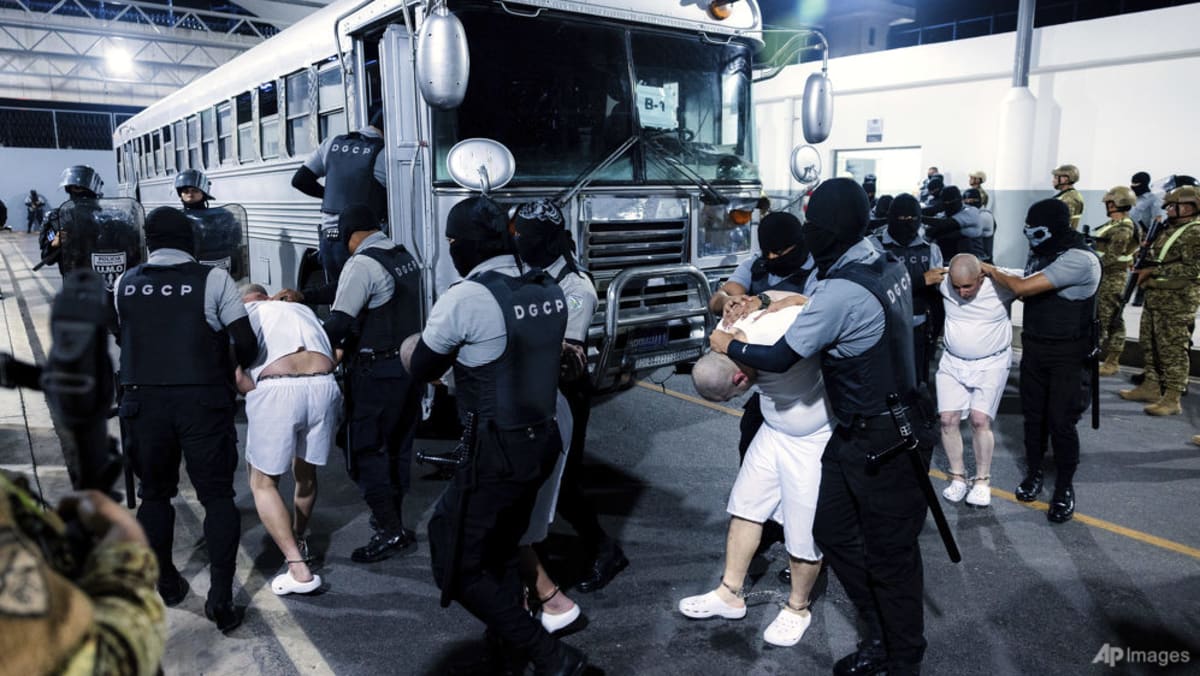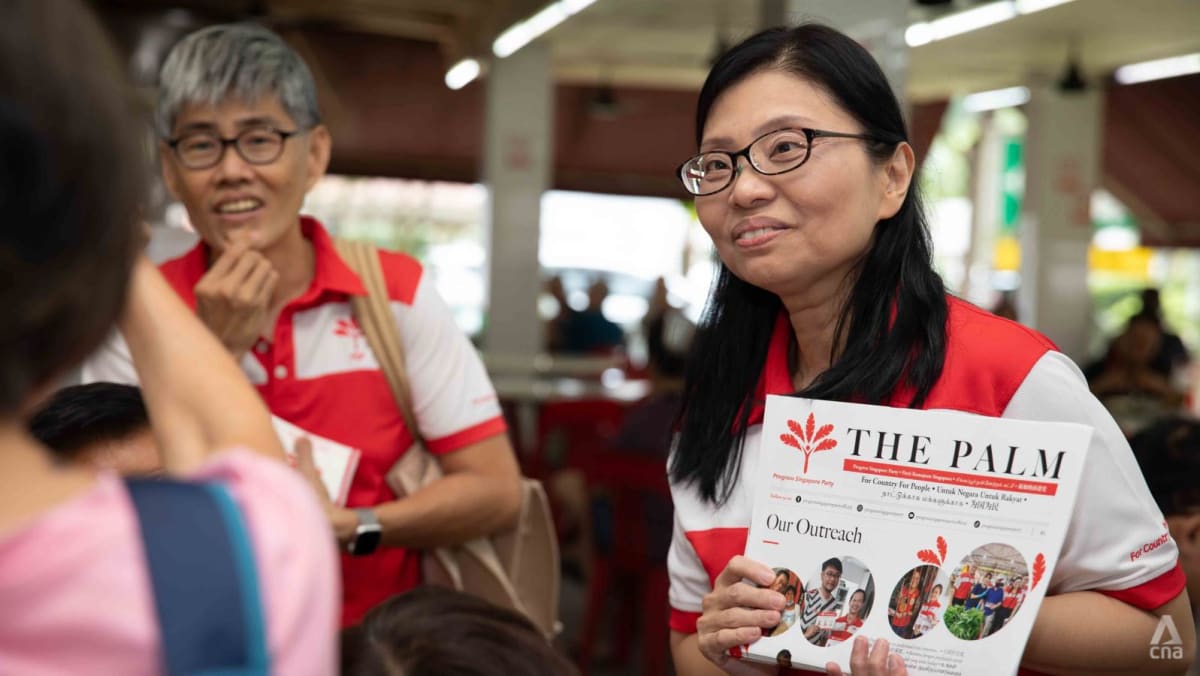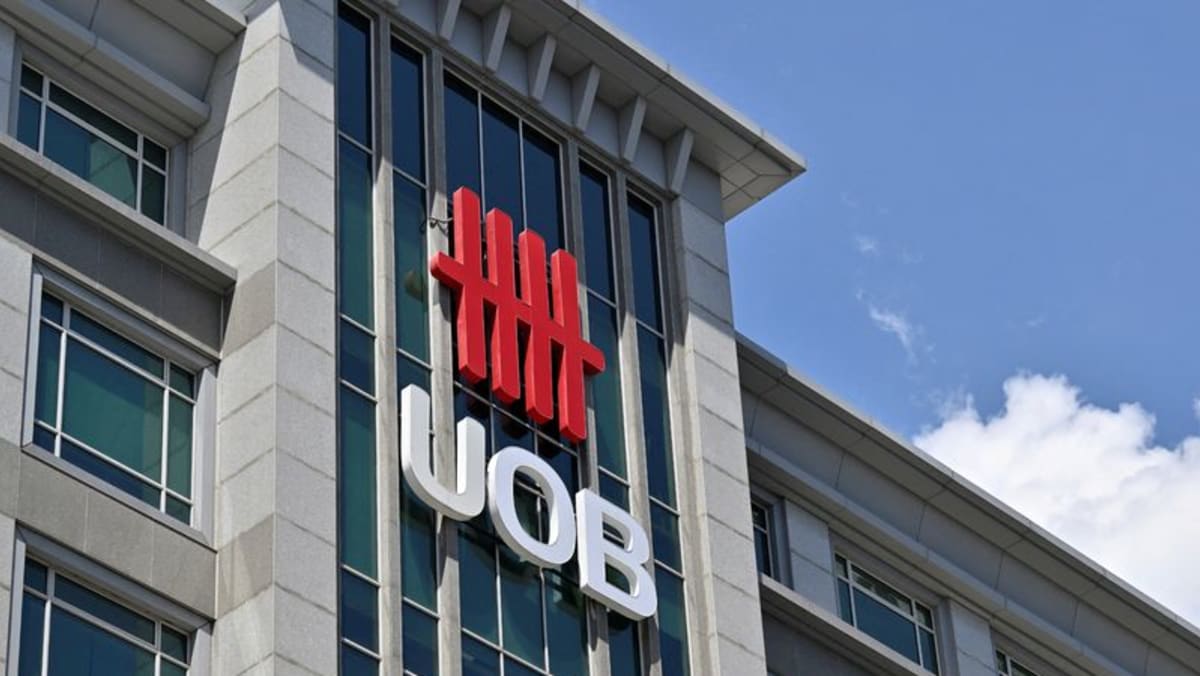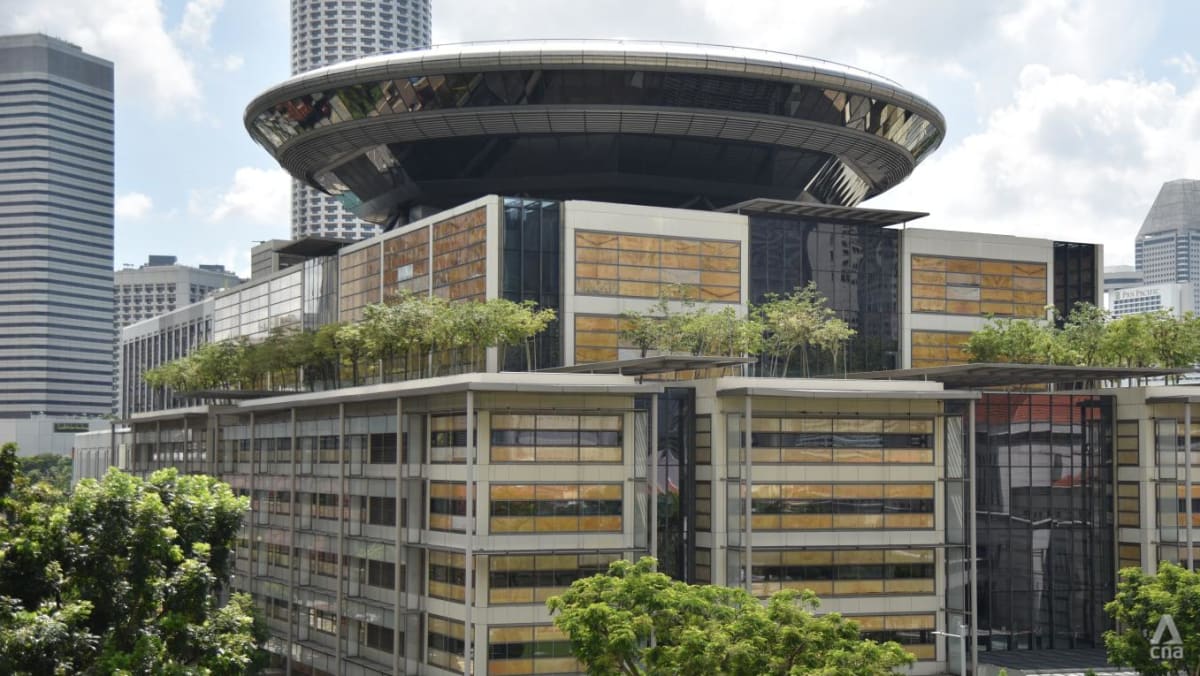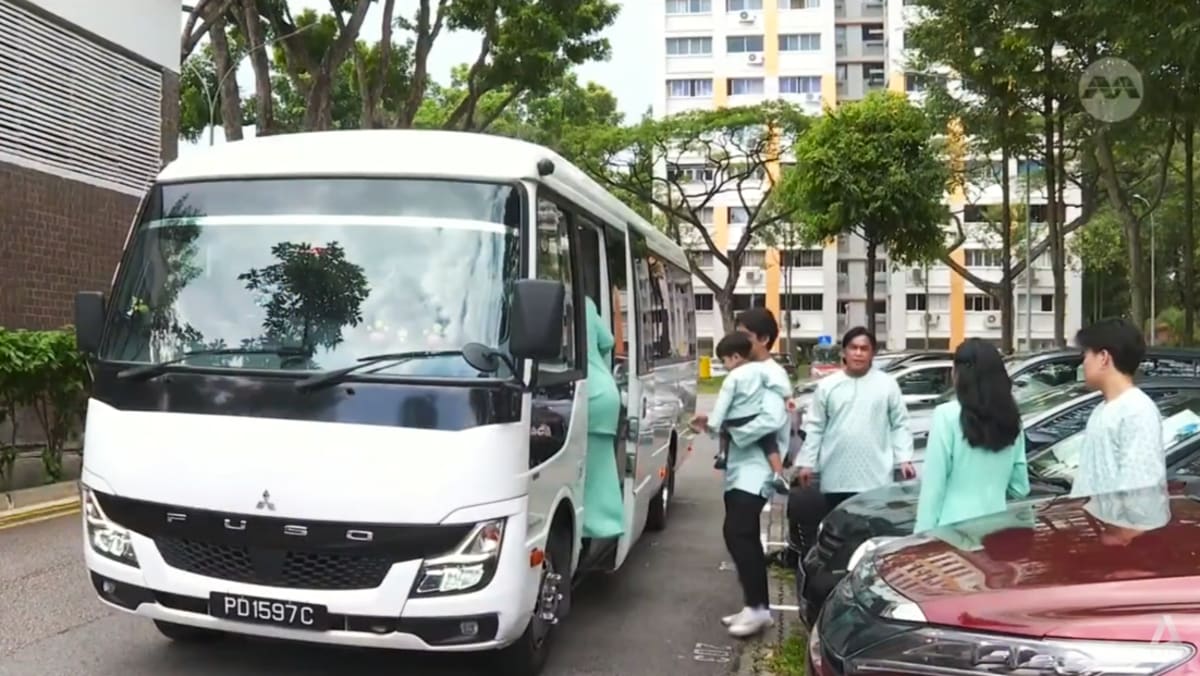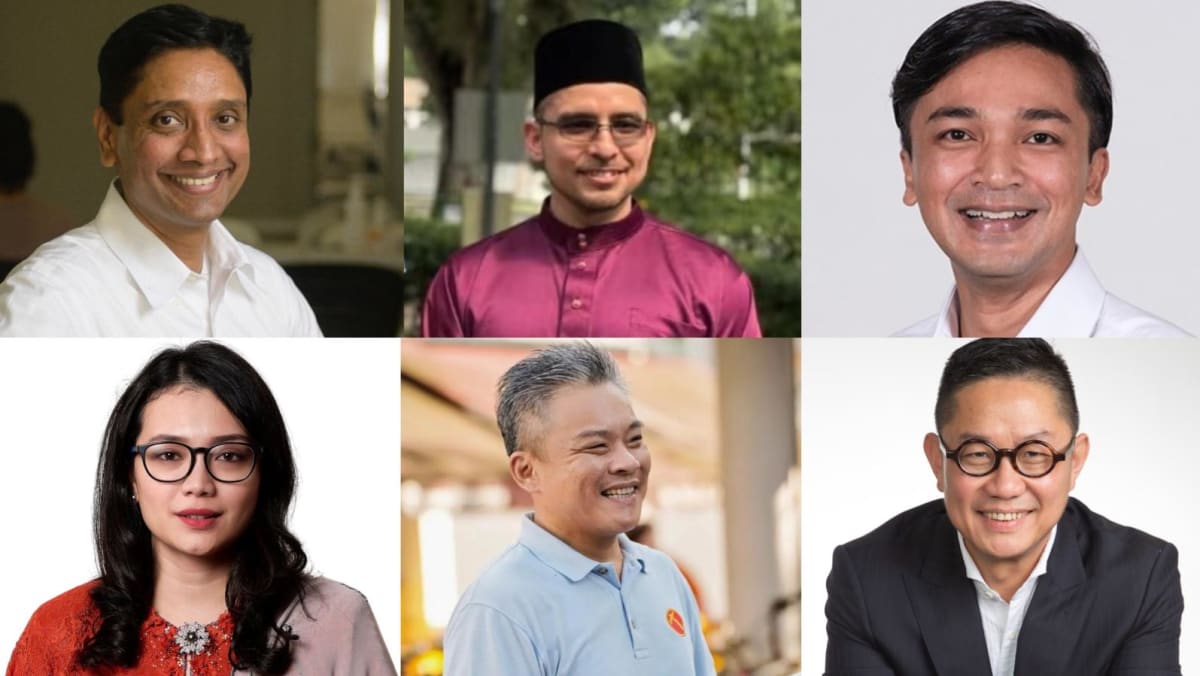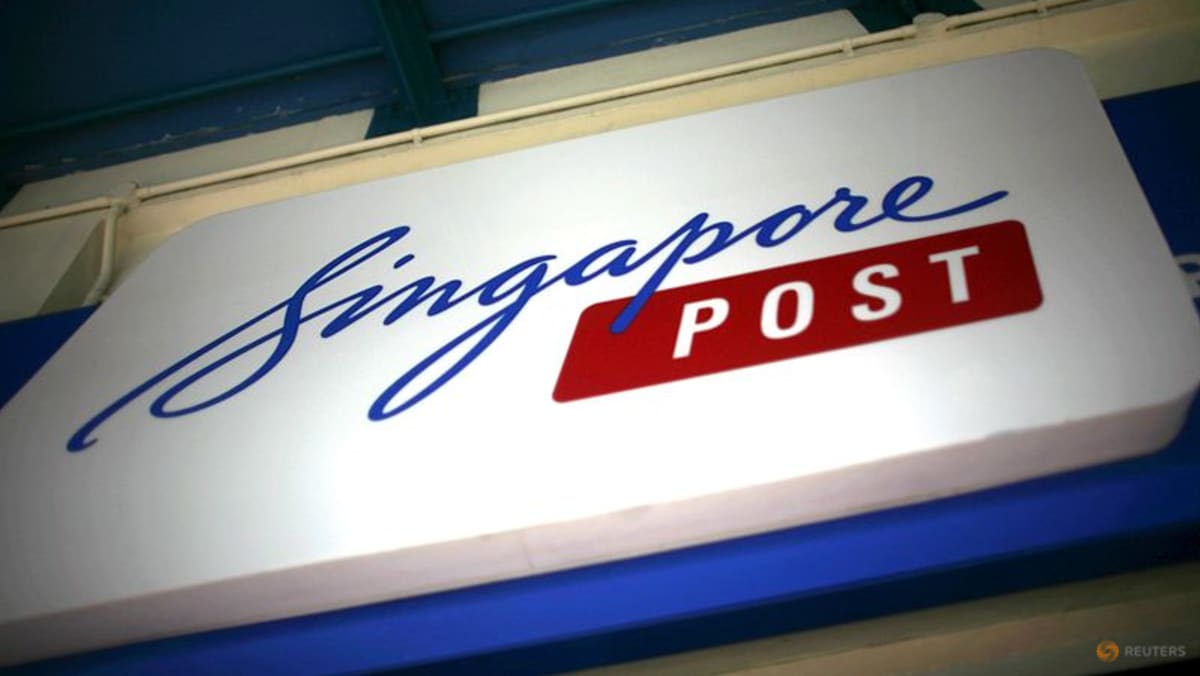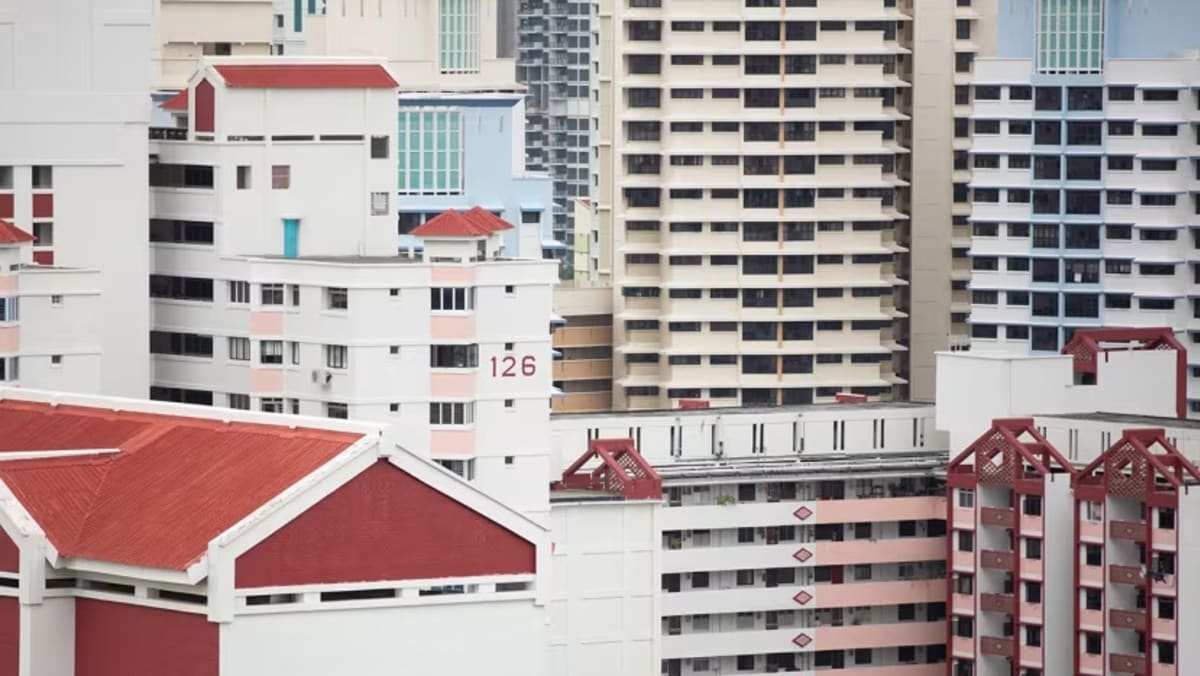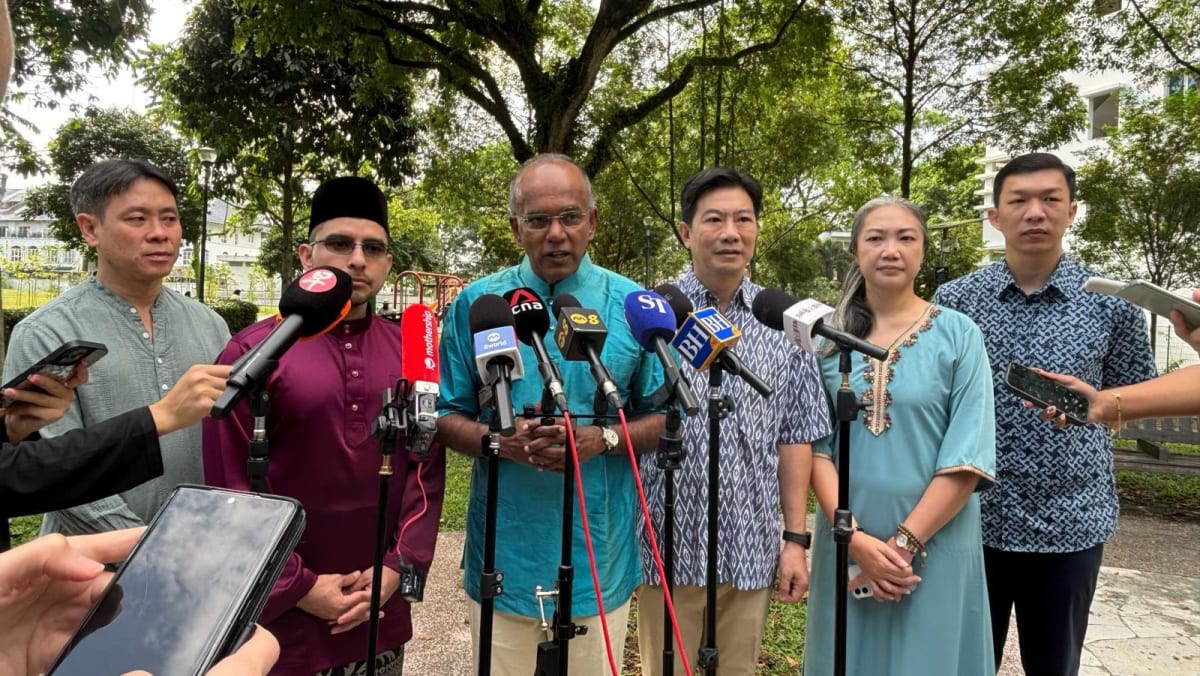SINGAPORE: Progress Singapore Party’s (PSP) Hazel Poa said on Monday (Mar 31) that she is willing to stand in a Single Member Constituency (SMC) to “walk my talk”.
Speaking to CNA during a walkabout in Jurong West, she said Minister-in-charge of the Public Service Chan Chun Sing previously implied that she benefited from the Group Representation Constituency (GRC) system because she “rode on the coattails” of PSP founder Dr Tan Cheng Bock.
“I do feel that there’s a need for me to walk my talk. So I did indicate to the party that I’m willing to run in an SMC, but of course this is still subject to confirmation,” Ms Poa said.
The party is still considering whether she should stay in West Coast-Jurong West GRC or move to an SMC, she added.
PSP tabled a motion to abolish the GRC system in 2023. At the time, Ms Poa said that the GRC system allows some candidates to ride on the coattails of more established or popular candidates, voters “being held to ransom to vote for ministers”, and hampering the country’s political development by “setting higher and higher hurdles” for the opposition parties.
In his response, Mr Chan disagreed that ministers standing in GRCs help the incumbent People’s Action Party (PAP), noting that the “star power” of former Workers’ Party chief Low Thia Khiang would have contributed to his team’s win in Aljunied GRC during the 2011 General Election.
“Maybe you would also agree with me that few would deny that the star power of Dr Tan Cheng Bock has contributed much to PSP’s showing in West Coast in 2020, leading to Mr Leong Mun Wai and Ms Hazel Poa being the two NCMPs (Non-Constituency Members of Parliament) in our House today,” he said during the debate in August 2023.
The GRC system was introduced in 1988 to ensure ethnic minority representation in parliament.
By law, the president designates the GRCs for which at least one of the MPs must belong to a minority racial community – either the Malay community, or the Indian and other minority communities.
In 2020, the PAP team led by then-transport minister S Iswaran beat their PSP opponents with 51.69 per cent of the vote in West Coast GRC, making it the tightest contest of the COVID-19 General Election.
The performance by PSP – led by former PAP MP Dr Tan – scored the party its two existing NCMP seats currently held by Mr Leong and Ms Poa.
Mr Leong will lead PSP into the upcoming General Election after he was re-elected as the party’s chief on Mar 26. Ms Poa previously held the position, and now serves as vice chairperson of the party.
At the announcement last week, Ms Poa shared that she has some new responsibilities as a foster parent and is happy with the new arrangement.
When asked on Monday about how her new responsibilities and the leadership change would affect PSP’s strategy, she told CNA: “I am excited to be a foster parent, and am confident in Mun Wai’s abilities to manage the party – we still work closely together on strategic matters.”
At the 2020 General Election, PSP fielded 24 candidates – the largest opposition slate. Responding to a question about whether their upcoming approach would be similar, Ms Poa reiterated that PSP wants to be “more focused” in its efforts this time.
The party also has yet to enter negotiations with other opposition parties about avoiding three-cornered fights, Ms Poa confirmed.
“I can’t tell you when it’s going to happen because in a way, we ourselves need to finalise our own plans first before we enter into negotiations,” she added.

